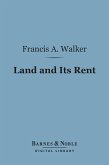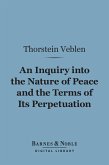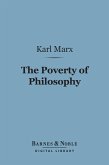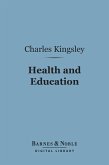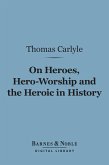This 1884 treatise on political economy contains essays written in 1829 and 1830, some previously published, others presented here for the first time. Mill's first stab at economics, he later develops his theory in Political Economy, touching on everything from free market capitalism to socialism.
Dieser Download kann aus rechtlichen Gründen nur mit Rechnungsadresse in A, D ausgeliefert werden.



